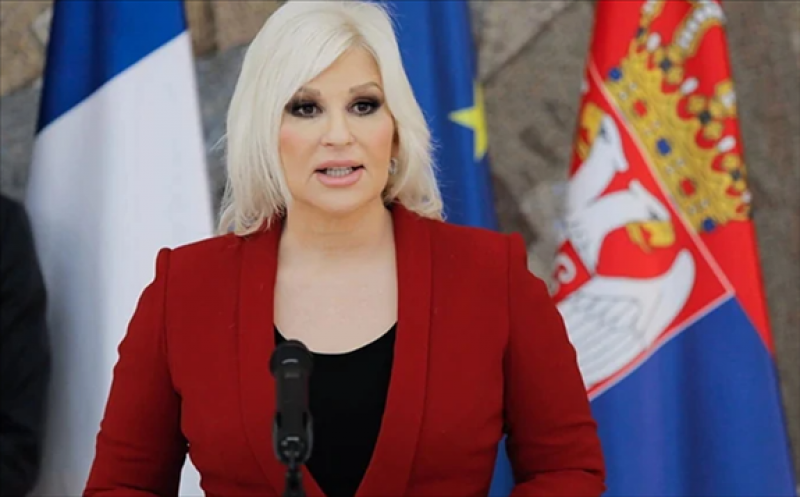Minister of Mining and Energy Zorana Mihajlović said a plan would be developed for the operation of thermal power plants in Serbia until 2050 as new energy production capacities must be sustainable and cost-effective.

The decision of the Ministry of Mining and Energy of Serbia to stop the construction of thermal power plant Kolubara B prompted a strong public reaction. After receiving the letter, state-owned coal mine and power plant operator Elektroprivreda Srbije (EPS) opposed the decision, and so did the members of the trade union of the Kolubara mining basin, which held a protest. The union claimed thermal power plants would be shut down by 2030 and that it would make electricity imports surge and lead to massive layoffs.
Many European Union member countries determined the deadline for a coal exit as the administration in Brussels declared it would become climate neutral by 2050.
Thermal power plants won’t be closed
“I really believe that we will very soon finish the plan for the operation of our thermal power plants by 2050. Therefore, thermal power plants won’t be closed, if this is the main issue that we are hearing these days. The question is how we will make the thermal power plants capable to produce electricity in a sustainable way,” Mihajlović told RTS.
We have to take care of expenses that the CO2 tax will bring for the thermal power plant business
She stressed the ministry isn’t in favor of building thermal power plants and expressed the opinion that it isn’t reasonable, arguing that Serbia should turn to healthier and more sustainable ways to produce energy and be careful about the costs that would be introduced with carbon dioxide surcharges.
“Everything that thermal power plant Kolubara B would produce, most income would be spent on CO2 surcharges, because of pollution. The surcharges are now at EUR 51 per ton of carbon. They were at EUR 35 at the beginning of the year, and they are expected to reach EUR 130 by the end of the year. If we know we will have to cover the surcharges for the energy from new thermal power plants, than it is very questionable whether we should build them, if we know that we would then pay even more,” she told Happy TV.
In her words, the new capacities that Serbia would install will mostly consist of mid-sized and large hydropower plants, gas-fueled power plants, solar and wind power plants.